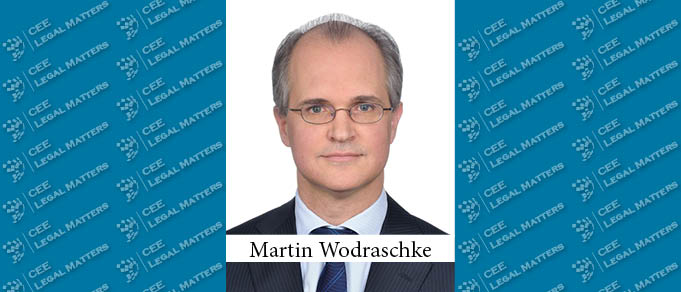In 2019, the EU introduced the European Green Deal with clear sustainability goals to become climate neutral by 2050. Across industries, investors increasingly accept the high value of more sustainable business practices. ESG sustainability is a central consideration in business decisions in almost all economic areas. ESG covers corporate governance, environment and climate change, social and human rights, and sustainable finance. The question for companies is how they can or even must implement this and use legal instruments. However, the lack of binding law provisions, greenwashing, and the alleged sustainability of investments have undermined the importance of this topic.
To tackle specific legal implications regarding ESG, in 2021 the EU adapted the Taxonomy-Regulation (EU) 2020/852 which defines when economic activity is sustainable (Green-Taxonomy). This is intended to guide investors on which investments are used to finance ecologically sustainable economic activities and to prevent greenwashing. The Commission also approved a Delegated Act on the Climate, in February 2022, introducing additional economic activities from the energy sector into the EU Taxonomy, although this act is not yet binding.
The Green-Taxonomy is binding in all member states and guides investors on whether their activities are sustainable by using four principles: (1) a significant contribution to achieving one or more of the EU’s environmental objectives stated in Article 9; (2) no significant harm to any other Article 9 objective; (3) compliance with minimum safeguards; and (4) compliance with technical screening criteria.
On February 23, 2022, the European Commission published its proposal for a directive on Corporate Sustainability Due Diligence (Directive). Today in Germany, for example, a careful risk analysis is already required to determine whether, in the whole supply chain, a violation of human rights and environmental standards has occurred in the past or can be expected in the future. If the Directive comes into force with the proposed content, the German legislator would have to considerably tighten up the Supply Chain Act.
In Hungary, the basis of the ESG legal framework is in Act XLIV of 2020 on climate protection (Act), which was enacted in line with European climate protection regulations. Hungary pledges to adhere to its commitments and wants to reach carbon neutrality by 2050 in line with EU goals. Moreover, climate protection answers must be based on the polluter-pays principle and proportionality. The Hungarian Government was authorized to enact sector-specific rules based on the Act, which is currently ongoing. For example, Government Decree 821/2021 (XII. 28.) regulates the use and quality of biofuels, liquid bio-energy sources, and biomass fuels, and contains requirements to reduce greenhouse gas emissions for these products. Further regulations are still to come.
But what does this mean for companies and their investments? In many companies, sustainability reports are already part of the annual financial statement. Investors in Hungary have also made significant efforts to participate in ESG-related projects. For example, in the real estate sector, Union Investment purchased an office building that was realized in line with ESG-principles. In the environment sector, Hungary was selected as the hub for a new joint venture in the circular economy. Partslife Group, Intercars, and AutoNet are market-leading automotive parts suppliers and are going to expand waste management services for industrial waste in Hungary, Romania, and Poland, helping the growing number of manufacturing sites in these countries to fulfill their demanding sustainability targets. In Hungary, the highest number of ESG projects with the highest investment value can be found in the renewable energy sector. The installation of photovoltaic plants on factory rooftops is popular, but several PV projects in Hungary are run by greenfield investments. The transfer from combustion engines to electric vehicles is important to achieving climate goals, but this can only be realized with the rapid enlargement of EV charging networks in Hungary. Both Hungarian and foreign investors are working on the installation and development of a charging network.
The clear definition of sustainable activities at the EU level and the corresponding legislation in Hungary helps to further both Hungarian and European efforts towards sustainability. As lawyers, we should all aim to provide our clients with the knowledge and advice they need to reach their business goals concerning the EU Green Deal.
By Martin Wodraschke, Partner, CMS
This Article was originally published in Issue 9.3 of the CEE Legal Matters Magazine. If you would like to receive a hard copy of the magazine, you can subscribe here.




